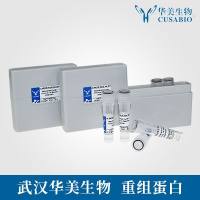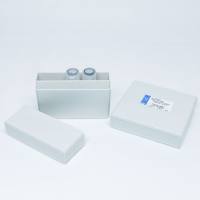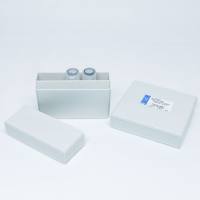Angiogenesis in Arthritis: Methodological and Analytical Details
互联网
互联网
相关产品推荐

Saal1/Saal1蛋白Recombinant Mouse Protein SAAL1 (Saal1)重组蛋白Synoviocyte proliferation-associated in collagen-induced arthritis protein 1 (SPACIA1)蛋白
¥2328

FAM122B抗体FAM122B兔多抗抗体Synoviocyte proliferation associated in collagen induced arthritis 2 antibody抗体FAM122B Antibody, Biotin conjugated抗体
¥880

FAM122B抗体FAM122B兔多抗抗体Synoviocyte proliferation associated in collagen induced arthritis 2 antibody抗体FAM122B Antibody, FITC conjugated抗体
¥880

FAM122B抗体FAM122B兔多抗抗体Synoviocyte proliferation associated in collagen induced arthritis 2 antibody抗体FAM122B Antibody, HRP conjugated抗体
¥880

FAM122B抗体FAM122B兔多抗抗体Synoviocyte proliferation associated in collagen induced arthritis 2 antibody抗体FAM122B Antibody抗体
¥440

